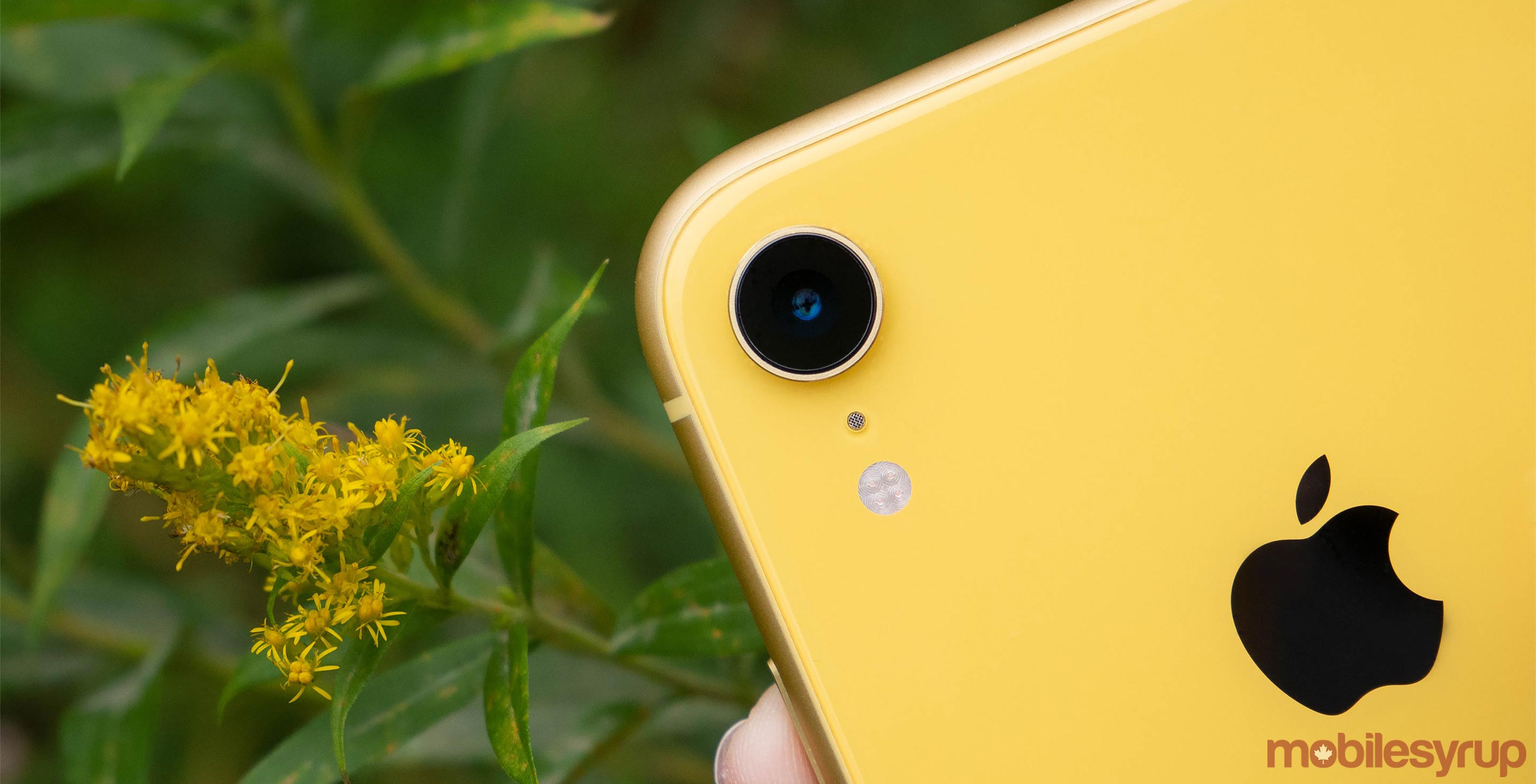
In an attempt to comply with a Chinese court’s recent ban on older iPhone models, Apple will issue a software update to iPhone units in China, according to Reuters.
In a statement to the wire service, the iPhone maker said, “early next week we will deliver a software update for iPhone users in China addressing the minor functionality of the two patents at issue in the case.”
The two patents in question relate to software Qualcomm developed to assist in the resizing of photos and managing apps on a touchscreen, according to Reuters.
However, it appears a software update won’t appease Qualcomm.
“They are legally obligated to immediately cease sales, offers for sales and importation of the devices identified in the orders and to prove compliance in court,” said Qualcomm general counsel Don Rosenberg in a statement to Reuters.
The ban on older iPhone models in China is part of the ongoing legal feud between Apple and Qualcomm.
The initial ban won by Qualcomm earlier this week included the iPhone 6 through to the iPhone X.
Since the initial decision, Qualcomm has asked Chinese courts to add Apple’s current lineup of iPhones — the XS, XS Max and XR — to the list of banned devices.
Since the ban went into effect, Apple has argued that it does not apply to any of the iPhones it currently sells due to the fact they run iOS 12, not iOS 11.
Qualcomm was able to win the ban by arguing that it would likely win an eventual patent infringement case against Apple. Most experts suggest the chipmaker’s game plan is to force Apple to the negotiating table so that the two can agree to a settlement.
Apple has since asked the courts to reconsider the decision, arguing that an ongoing ban on iPhone smartphones would cost the Chinese government millions in lost tax revenue and suppliers in the country millions in lost revenue.
Qualcomm and Apple’s legal battle dates back to early 2017 when Apple hit the chipmaker with a $1 billion lawsuit over what the company alleges were unfair patent licensing practices.
Source: Reuters
MobileSyrup may earn a commission from purchases made via our links, which helps fund the journalism we provide free on our website. These links do not influence our editorial content. Support us here.


